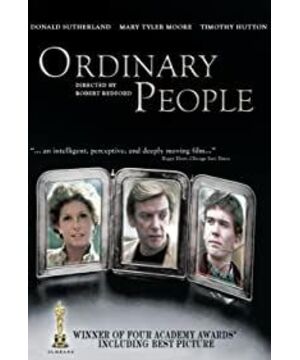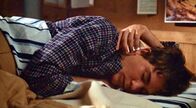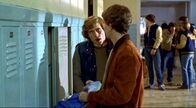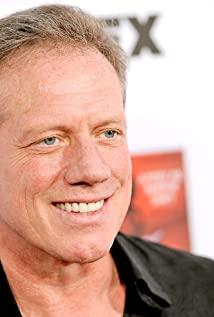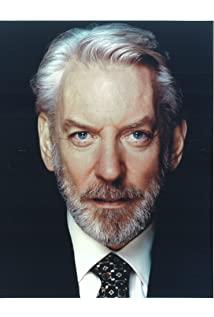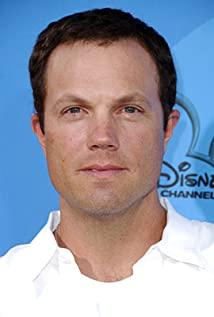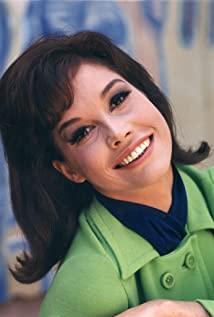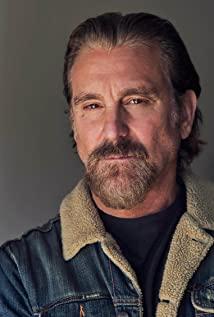Ordinary People’s movie is actually a bit like a family drama. The whole movie is peaceful and narrative. It tells some problems that may exist in more than one family, and more than one type of group may still be entangled in the embrace. The whole movie has no place to complain, it is very real, and it gives people a sense of reality. My personal preference is also such a film that tells a good story in a calm and true manner, so I will give a high score. The whole plot revolves around the changes in Conrad, and the death of the brother who formed a blow to the family is slowly revealed with the development of the plot (it is also the development of Conrad psychologically accepting self). The final time to solve the problem is to expose the whole family. The moment when the cause of change occurs is a relatively common narrative method. Personally, I feel that after this drowning incident, Conrad has become (or maybe it was, but this incident has aggravated such emotions) the kind of person who blames the problem on himself, even if he thinks intellectually It may not have anything to do with him, but it may be due to guilt and other people’s gaze that the source of the problem may be brought to a certain extent. Because of this, he is also a child who makes his father worry-free. Because he is worry-free, there is not so much attention and love is also Did not give so much; Beth should be a typical image of a giving and strict mother. After this incident, he could not express his emotions directly, so he could only let himself become indifferent and slowly insulated; his father might want to solve this problem as soon as possible. Things, I don't want Beth to treat it indifferently, and then pass it indifferently.
Fortunately, his father found a psychologist for Conrad. This role can appropriately alleviate the image of a sensible person in Conrad’s life. There is a place to confide in his grievances and be heard. Of course, he also expresses his true thoughts through this. .
In fact, I personally feel that what the film reveals is exactly some of the difficulties of our family: there is no way (can't do it) to express our feelings directly, and I hope that I can resist the difficulties and resolve them by myself;
Of course, there are also some personal dilemmas: I can't find the most trusted person to let myself be heard, I hope I play a perfect image in a certain sense, and I blame myself for possible faults (the "reflection" recommended by society).
In fact, these things can indeed maintain the stability of the family and the personal protection from harm (and may gradually get better), but gradually people will become indifferent and alienated, and they will also lose their personality (of course, they will also help to integrate into society) .
In fact, there is no psychological change after watching it. I watched it calmly, but it is indeed a good film. The above analysis is only part of the expression of the self-righteous film, and it is not recommended to recommend this film, which may not be suitable. Many people (after all, it will not bring people obvious psychological changes), but if you want to understand the family, you can consider it.
above.
View more about Ordinary People reviews


